- Islamabad
- 35°C
- Today ( Saturday, 7 June 2025)
Quality of Education in Pakistan: Challenges and Opportunities
Pakistan's education system faces numerous challenges, particularly in terms of ensuring quality and equitable access to education for all. Despite significant progress in increasing enrollment rates, the quality of education remains a critical issue that requires urgent attention and comprehensive reform.
One of the primary challenges is the disparity in educational standards between urban and rural areas. While urban centers often have better-equipped schools and qualified teachers, rural areas suffer from inadequate infrastructure, lack of trained educators, and limited access to educational resources. This disparity perpetuates inequalities in learning outcomes and perpetuates the cycle of poverty and underdevelopment.
Furthermore, the prevalence of rote memorization and outdated teaching methods hampers critical thinking, creativity, and problem-solving skills among students. The focus on exam-oriented education neglects holistic development and fails to equip students with the necessary skills for success in the 21st-century workforce.
Additionally, gender disparity remains a significant issue in Pakistan's education system, with girls facing numerous barriers to access and retention in schools. Cultural norms, socio-economic factors, and inadequate facilities contribute to high dropout rates among female students, limiting their opportunities for personal and professional advancement.
Despite these challenges, there are opportunities for meaningful reform and improvement in Pakistan's education system. Investing in teacher training and professional development programs can enhance teaching methodologies, promote student-centered learning, and foster a culture of innovation in schools. Emphasizing early childhood education and literacy initiatives can lay the foundation for lifelong learning and cognitive development.
Moreover, leveraging technology and digital learning platforms can expand access to quality education, particularly in remote and underserved areas. Public-private partnerships, community engagement, and targeted interventions to address gender disparities can create an enabling environment for inclusive and equitable education for all.
In conclusion, addressing the quality of education in Pakistan requires a concerted effort from government authorities, educators, civil society organizations, and the private sector. By prioritizing investments in infrastructure, teacher training, curriculum reform, and inclusive policies, Pakistan can unlock the full potential of its human capital and pave the way for sustainable development and prosperity.
-
Pakistan's Junior Hockey team has successfully qualified for the quarter-finals in the ongoing World Cup in Kuala Lumpur, Malaysia, following a 1-1 draw against Belgium. Arbaz Ahmad's penalty corner goal in the third quarter equalized the score after Belgium took th...
-
In a captivating showdown, India secured 9th place at the FIH Hockey Women’s Junior World Cup 2023 by defeating the USA in a thrilling contest. The game, which ended 2-2 after regulation time and extended into sudden death after five shootouts, showcased intense compe...
Get Newsletter
Subscribe to our newsletter to get latest news, popular news and exclusive updates.


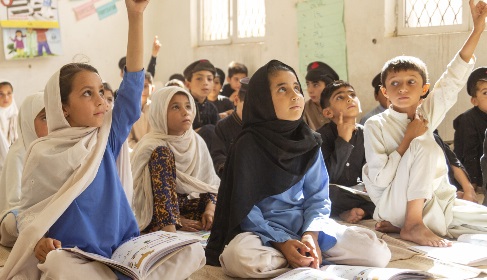


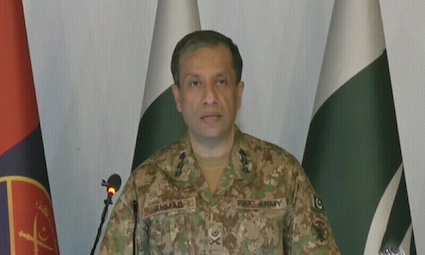
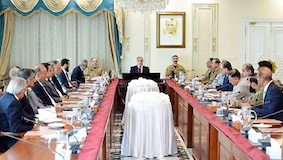
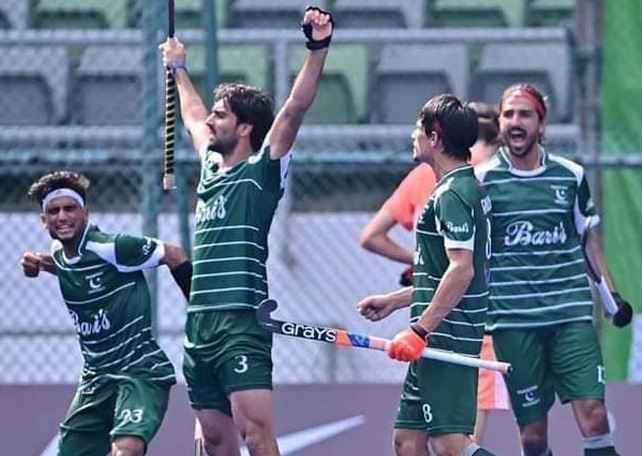
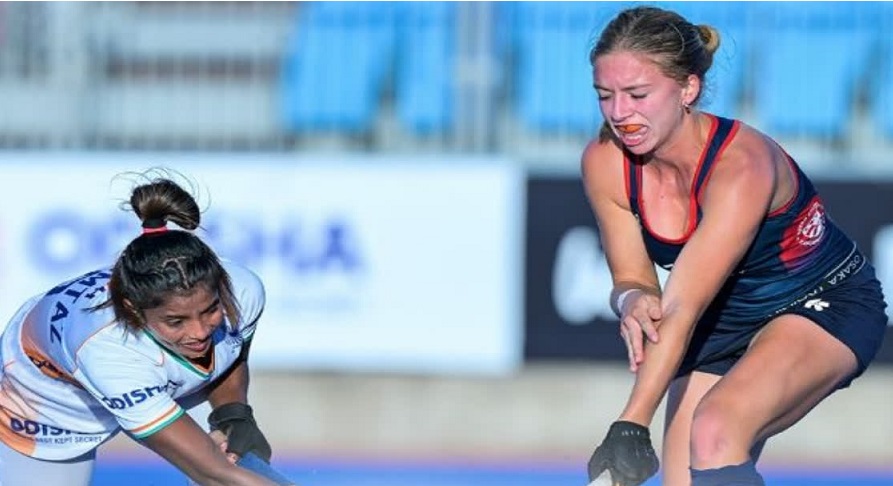



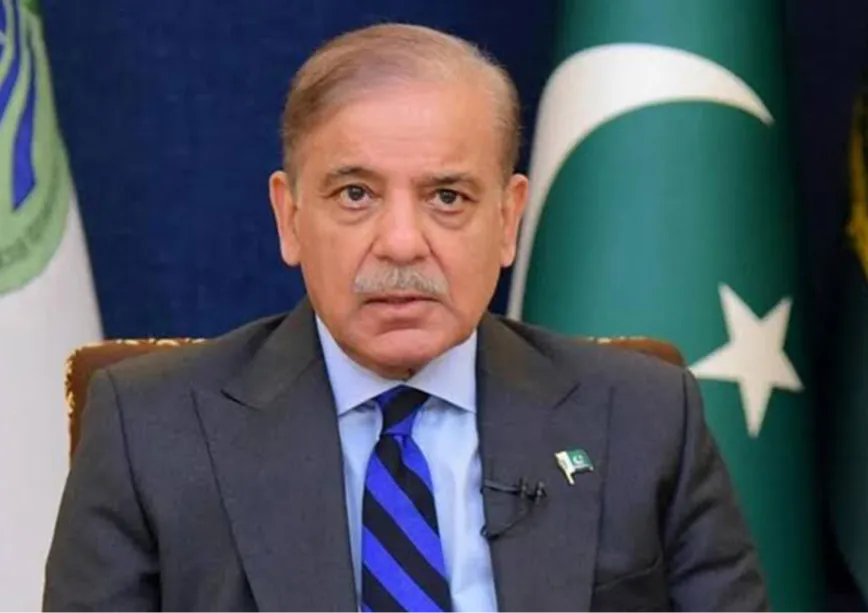


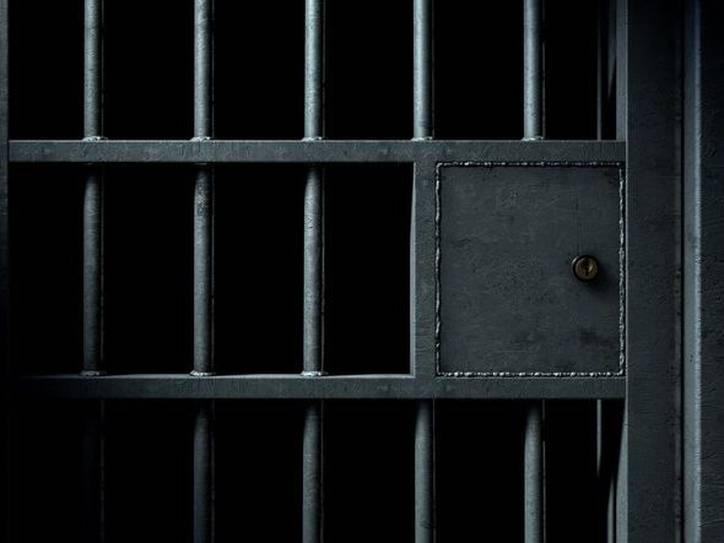

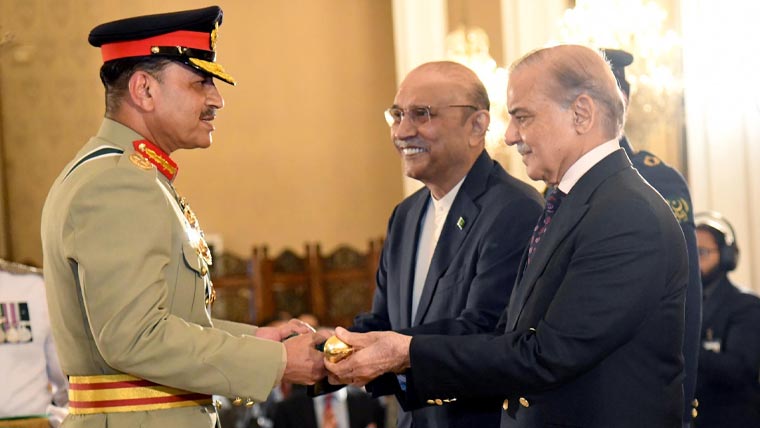








Facebook Comments